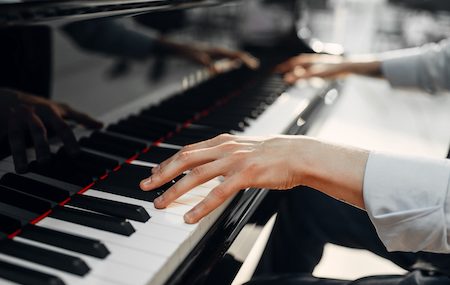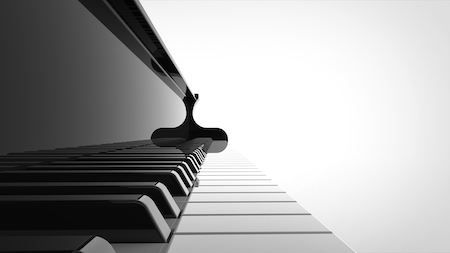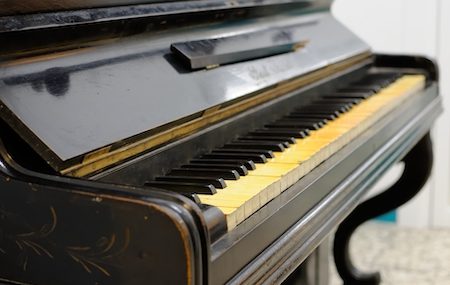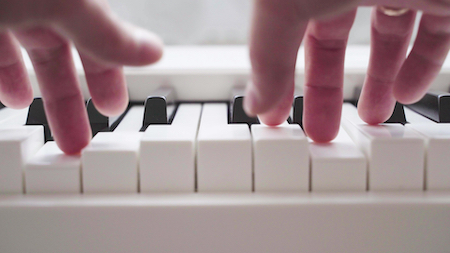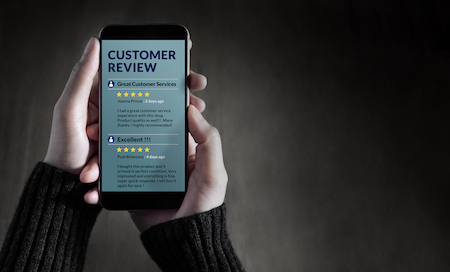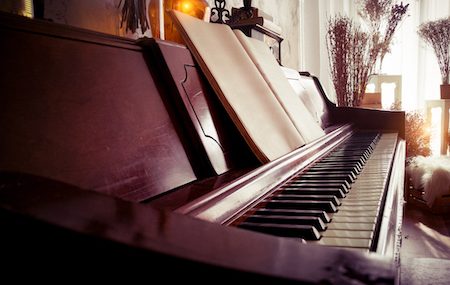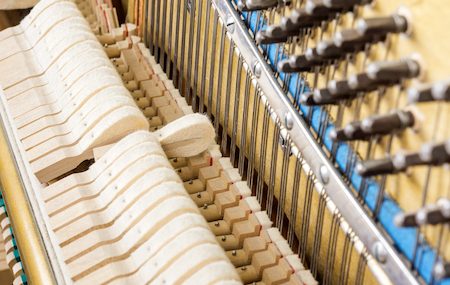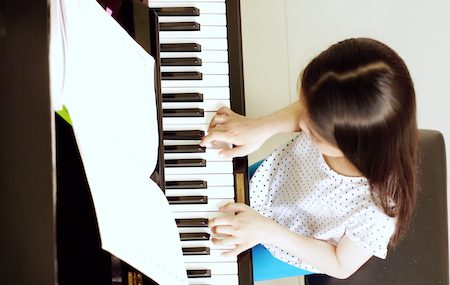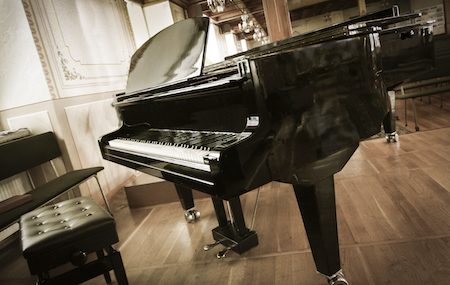How far do you wish to take your piano lessons? Do you want to become an accomplished musician? Before you play at your first piano recital, you might have to work at getting over stage fright.
A lot of pianists face this every time they play. Even the hundredth recital can evoke fear.
Stage fright is also sometimes referred to as performance anxiety. It isn’t limited to making music; you can find it in all kinds of fields. If you’ve ever had to get up in front of people, you know how knee-knocking it can be. It’s only natural to be scared of the spotlight, to have everyone around you staring and waiting for what you have to provide.
Especially in today’s world, where a lot of us have learned and performed in the online world. We’re no longer used to having to share skills with people surrounding us.
Piano often takes the spotlight from other instruments on stage. Piano is the only instrument that regularly plays both harmony and melody. It’s almost always noticeable. It’s difficult to hide mistakes. Piano rarely blends in with the rest of the instruments on stage.
That alone can make you stand out, even if you’re performing with a group.
And when it comes to recital time, all eyes are on you.
Stage fright is nothing more than your brain moving into protection mode, to try to help you from being noticed by people around you. Humans by nature don’t want to stand out, and risk becoming a social outcast. If you’ve ever made a big mistake and had people take notice, you know how it feels. Stage fright is the internal battle you have with yourself, to push forward and do something your brain is saying yes to, while your inner voice is trying to protect you.
What part of you will win?
It’s not just a case of nerves. Stage fright can be debilitating. It can stop you from moving forward with something you love.
If you want to move forward, realize it may take work to get over your stage fright. Do different things along the way – rarely will one suggestion work for everyone. You have to find what works best for you. People have found a variety of things to work, including:
- Finding a friendly face in the crowd.
- Imagining everyone in the audience in their underwear (yes, it really works, as it can bring even the scariest person down a notch).
- Practice, practice, practice. The more prepared you are, the less you’ll have to fear.
- Do it anyway – what have you got to lose?
- Develop a warm up routine that helps remove tension from your body before going on stage. Some call this “getting into the zone.”
- Change your diet – too much caffeine can cause jitters.
- Visualize your success before you ever step onto the stage.
You’re not alone in your quest to overcome stage fright. Every person on earth has experienced it from time to time. The key is in choosing to move forward anyway.
What works for you to reduce anxiety before your piano recital?
